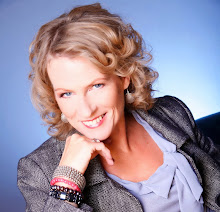Water Dew - Daniel Kux at Pexels
Here we all are, in our different and separate spaces, living and working in a changed world.
Lockdown has firstly pushed us to adapt, then to accept, then to innovate. People have found new ways of doing things, sometimes begrudgingly, sometimes with an enthusiasm to embrace opportunities for change.
What is becoming clear, is that those who have chosen to think differently and make the best of this difficult period in history are going to be the ones that thrive and flourish. Let's take a quick look at some of the thrivers:
- The Tate Galleries have introduced wonderful virtual tours and talks so that we can continue to experience the arts
- Boohoo, the online retailer picked up early on the changing trends of their clients, realising that their clients were going to be buying different clothes if they were staying indoors all the time; sales of homewear blossomed
- Drive in concerts are in the calendar at Cheltenham racecourse
- The Bishop of Manchester was delighted at the number of people joining online services, with over 400,000 people at the Palm Sunday service, more that any congregation previously.
To become a thriver, take a lesson from the Ancient Greeks. Kairos is the ' passing instant when an opening appears which must be driven through with force if success is to be achieved' (Eric Charles White). The word Kairos means 'the opportune' or ' the right moment' and refers to a critical occasion for accurate action origin, meaning we should 'seize the moment to perform accurately and skilfully in order to achieve'.
The elements of Kairos are:
- the critical essence of time
- the accuracy of action
- the clarity of the target
We have the critical time now, presented to us by the Covid crisis. The accuracy of action and the clarity of target are yours to choose. Grab your opportunity, make your change however small, and be clear in your objective.


